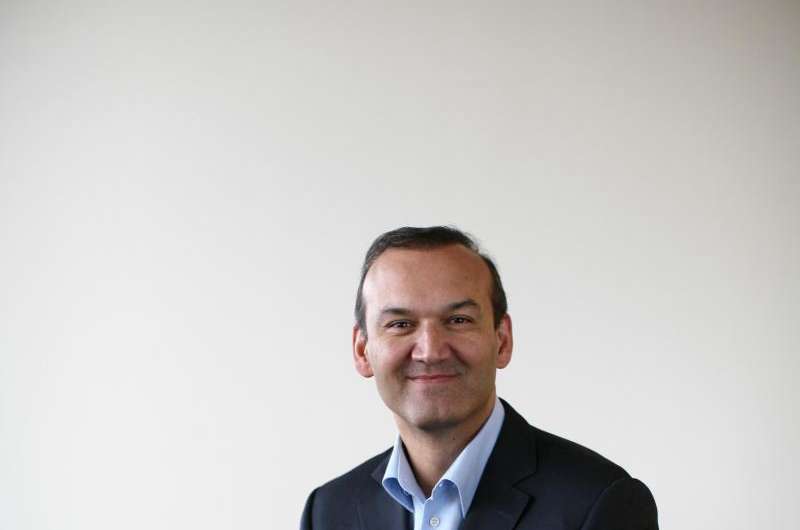Researchers call for investment in cancer control in low- and middle-income countries

Investments in cancer control—prevention, detection, diagnosis, treatment, and palliative care—are increasingly needed in low- and, particularly, middle-income countries, where most of the world's cancer deaths occur, a paper published today in The Lancet recommends.
Of the 8 million cancer deaths worldwide in 2012, 5 million occurred in middle-income countries and 500,000 in low-income countries, and those numbers are expected to rise substantially mainly due to adult population growth.
Many of these cancer patients received no effective treatment and no opioid drugs to control severe pain, or their families became impoverished paying for treatment.
Researchers led by Dr. Prabhat Jha, director of the Centre for Global Health Research of St. Michael's Hospital and a professor in the Dalla Lana School of Public Health at the University of Toronto, outlined in The Lancet a series of practicable, cost-effective strategies for countries to address most of their preventable or treatable cancer burdens. Most middle-income countries could achieve this coverage within a few years, Dr. Jha said.
The package includes:
- Prevention of tobacco-related cancer (through higher taxes, leading to smoking cessation) and virus-related liver and cervical cancer (through vacations for Hepatitis B and HPV).
- Diagnosis and treatment of early breast cancer, cervical cancer and selected childhood cancers. Where affordable treatment can be provided, conveying this information to the public can motivate people to seek treatment when their cancer is at an earlier stage and much more likely to be curable.
- Widespread availability and use of palliative care and pain management, including opioids.
The paper does not recommend an initial emphasis on cancer screening, which is expensive and requires considerable infrastructure. Screening for breast and prostate cancer have also attracted significant controversy in high-income countries for being only moderately effective or leading to overdiagnosis and overtreatment. The exception is cervical screening, which can be done by visual inspection, can be easily diagnosed and treated inexpensively.
The recommended interventions would cost an additional $20 billion per year for all low- and -middle income countries, Dr. Jha said. Most cancer patients in those countries could not afford to pay for treatment themselves, so governments in low- and middle-income countries would have to expand universal health care spending to 3 per cent of total public spending on health: 2·6 per cent in upper-middle-income countries; 5 per cent in lower-middle-income countries; and 13 per cent in low-income countries (respectively, $5·7, $1·7 and $1·7 annually per capita). In contrast, high-income countries devote three to seven per cent of their total health spending on cancer control.
Rising incomes in middle-income countries could support this expanded spending, but Dr. Jha said low-income countries would need international assistance, starting with three priorities:
- Finding ways to lower costs for HPV and other vaccines, cancer drugs, pain medications, screening tests and radiotherapy machines. For example, several international organizations have developed mechanisms to reduce the price of a range of supplies for infectious disease control, using economies of scale, subsidies and other tools.
- Connecting low-and middle-income countries to international and regional cancer networks who could share treatment, screening and pain control guidelines.
- Support for research.
More information: The Lancet, www.thelancet.com/journals/lan … (15)00755-2/abstract
















